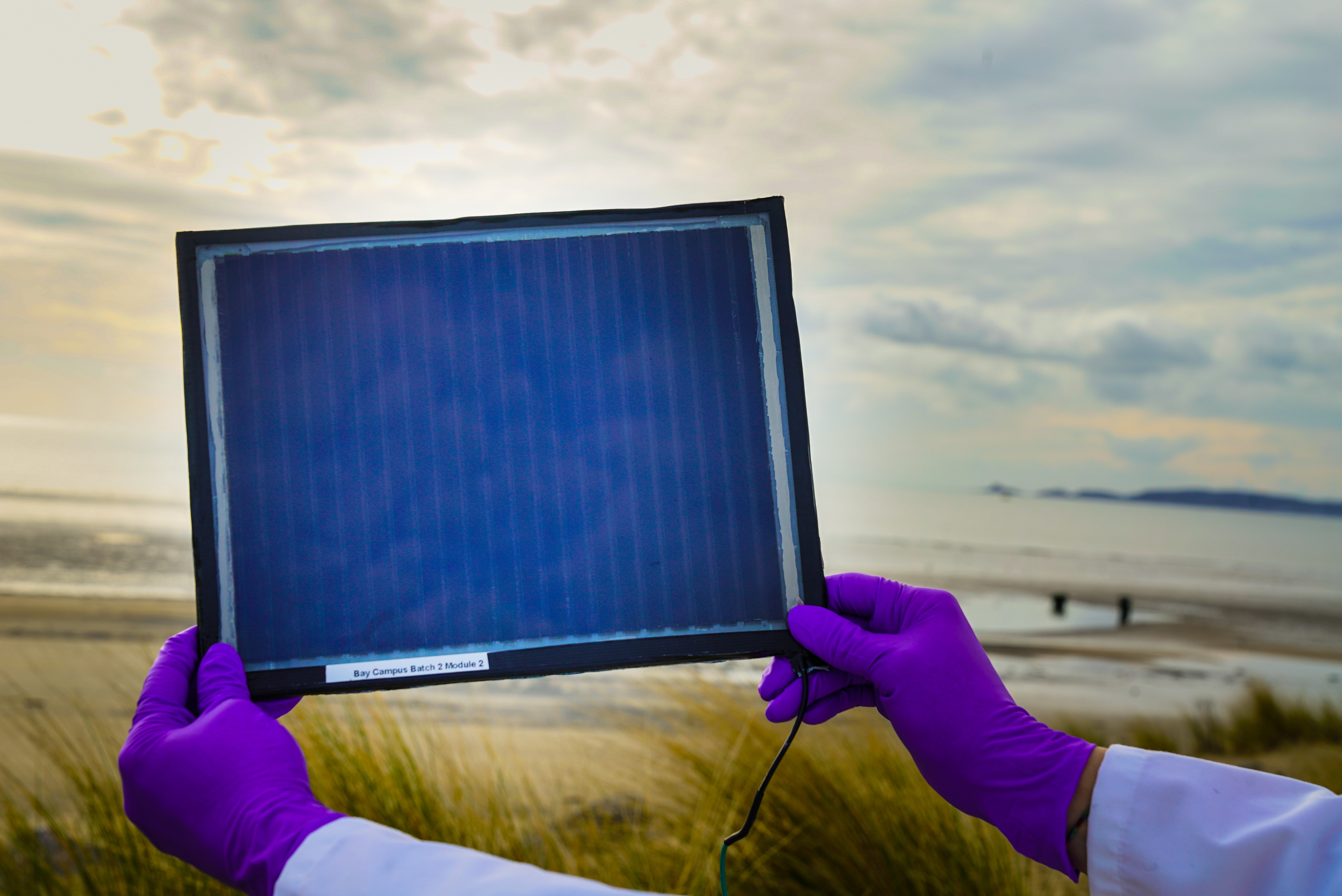[written by Silvia Villarroya-Lidon, Ser Solar Fellow – Industrial Engagement]
As 2018 came to an end, we looked back at our PV teams’ technical and personal achievements, and we can definitely say that it has been a great year!
Our scientists at Swansea University are now recognized as being part of a leading worldwide PV cluster; our research team grew to more than 50 members, including PhD students, research fellows and dedicated staff; and 2018 also saw also the promotion of some of our academic colleagues, Professor Trystan Watson, Associate Professor Matt Carnie and Associate Professor Matthew Davies.
We had the opportunity to present our research work at well-known conferences nationally and internationally. Highlights of our research were given at MRS in Boston, HOPV in Benidorm, Academica Sinica in Taipei, CIMTEC in Perugia and NanoBio2018 in Crete.
The PV team is now very well established within world-class research facilities located in Swansea University and has provided a core scientific programme to underpin SPECIFIC’s Active Buildings programme. More importantly, the team has produced high quality and impactful research. Substantive progress continues to be made on scale up, stability and performance of perovskite and organic solar cells and modules. These are some of the key developments:
- We are focused on the scale up of photovoltaic technologies using solution-based printing processes. We have developed and manufactured a supersized Carbon Perovskite Solar Cell (C-PSC), using simple and low-cost printing techniques. The accomplishment shows that the technology works at a larger scale, not just in the lab, which is crucial for commercial use.
- We have achieved outstanding indoor performance for both OPV and Perovskite solar cells comparable to the best indoor cells in the market.
- We conducted some successful initial research activities in space applications funded by Airbus and the European Space Agency.
- We started working on tandem Si-perovskite solar cells in collaboration with IQE, a Cardiff based semiconductor company, and we are intending to deliver the world’s first flexible silicon-perovskite solar cell in 2019.
- We produced our first working thermoelectric device using a novel deposition method.
During 2018, we have not only strengthened the collaborations with other research institutions and industry across the UK and worldwide, but we have also initiated new partnerships and collaborations. In particular, our collaborative research and commercial exploitation project with Merida University, Mexico and our involvement in MAESTRO, a Marie Curie European Training Network led by Bath University.
We are looking forward to the road ahead and something tells us 2019 is going to be even better than 2018! We are getting excited working with even more innovative technical ideas, organizing future events such the End of Project Celebration for Ser Solar Program and many other activities that we have in our pipeline.
